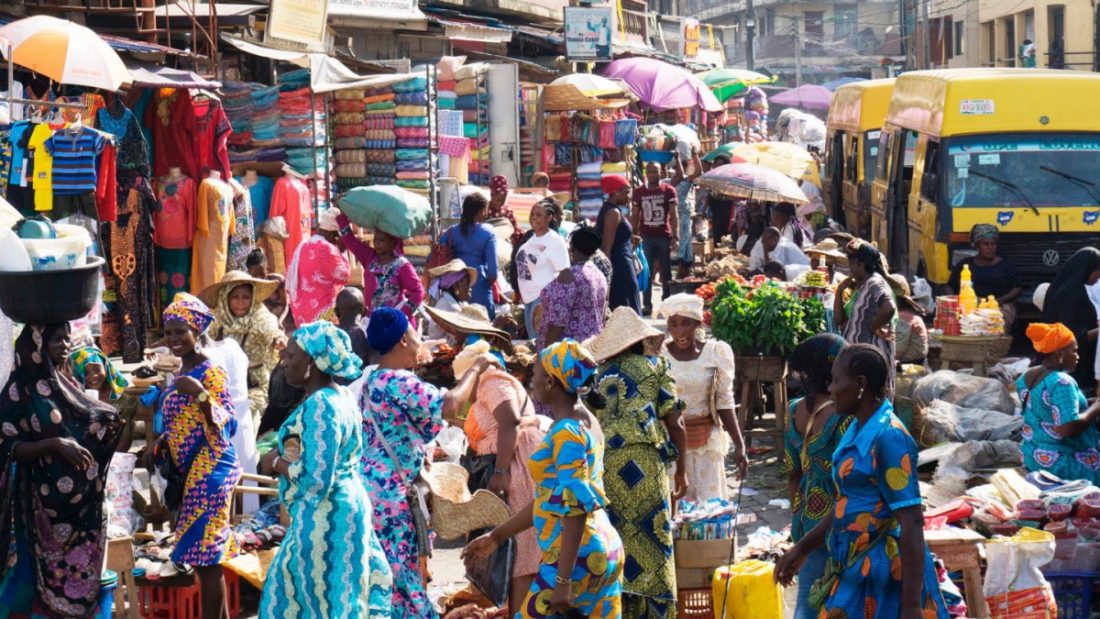LAGOS, Nigeria – Nigerians are bracing for a significant increase in electricity tariffs, potentially over 40%, in the coming days.
The hike is seen as a crucial step towards the complete elimination of energy subsidies in the country, amidst a backdrop of significant economic reform under the administration of President Bola Tinubu.
Owing to a revenue shortfall, the Nigerian electricity sector currently receives a monthly subsidy of around N50 billion.
However, this subsidy is set to be phased out, starting with a tariff hike due from July 1, 2023.
The removal of subsidies and the floating of the naira have complicated the pricing set by the Nigerian Electricity Regulatory Commission, NERC, under their 2022 Multi-Year Tariff Order, MYTO.
Despite the power sector’s struggles to supply at least 5,000 megawatts annually, the existing Service Based Tariff, SBT, has been calculated based on an exchange rate of N441/$ and an inflation rate of 16.97%.
The removal of subsidies and the Naira’s fluctuating value could drive the new average tariff up to about N88/kilowatt, an increase set to deeply impact households and small businesses.
Energy costs alone could rise by over 70%, a severe blow in a country grappling with unemployment and poverty.
Stakeholders have voiced concerns that Nigerian Electricity Supply Market might face difficulties due to potential consumer apathy resulting from these increases and an unreliable grid.
This situation pushes consumers towards alternative energy sources, further straining the sector.
Energy expert Prof Wunmi Iledare, while supporting the government’s efforts to halt the dollarisation of the Nigerian economy, questioned the current energy pricing strategy in the country.
He argued that “Market fundamentals are key to rate determination in a decreasing cost industry producing essential commodities, like power.”
Madaki Ameh, an energy lawyer, referred to the persistent increases in power tariffs as a form of “blackmail” on electricity consumers, suggesting that the problem be addressed through the Consumer Protection Council or an organised body of electricity consumers.
He insisted that tariffs would continue to be unjust until all consumers are metered and connected to the grid.
As Nigeria grapples with its power sector reforms, citizens wait with bated breath, hoping that the new Electricity Act will usher in a new era of stable and efficient power supply in the country.







